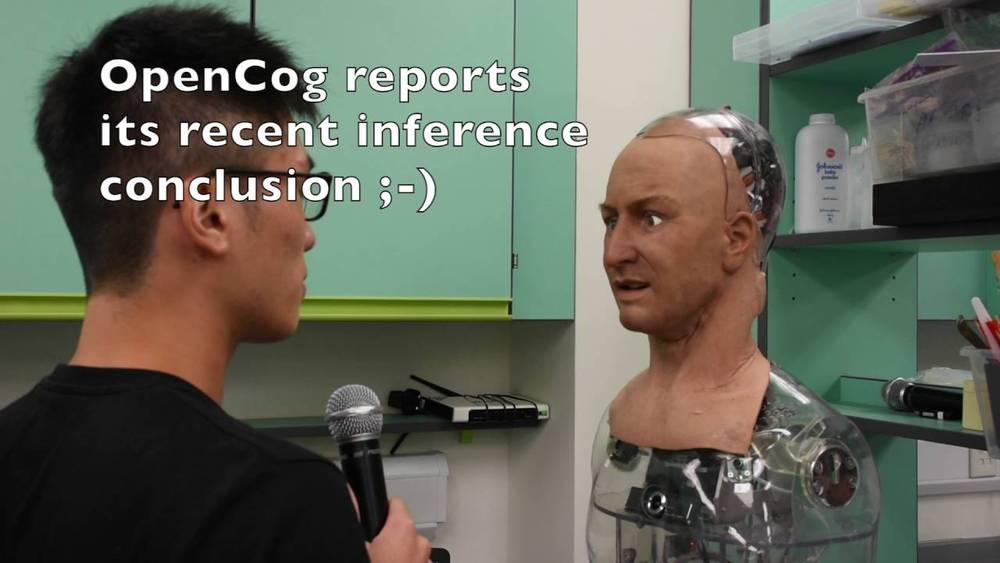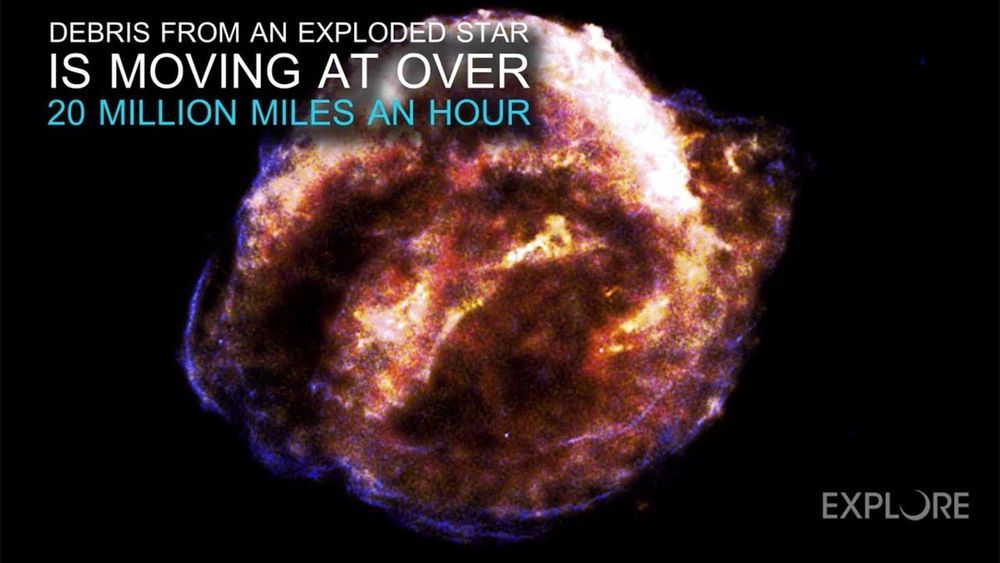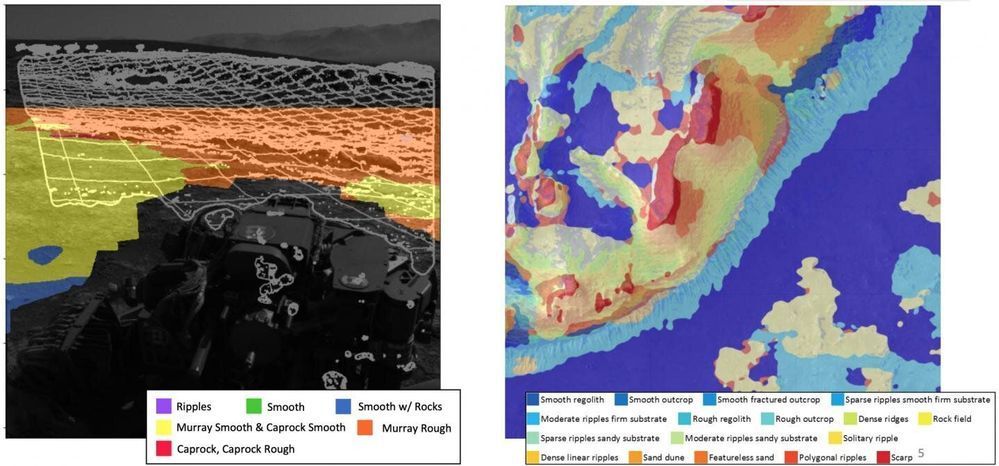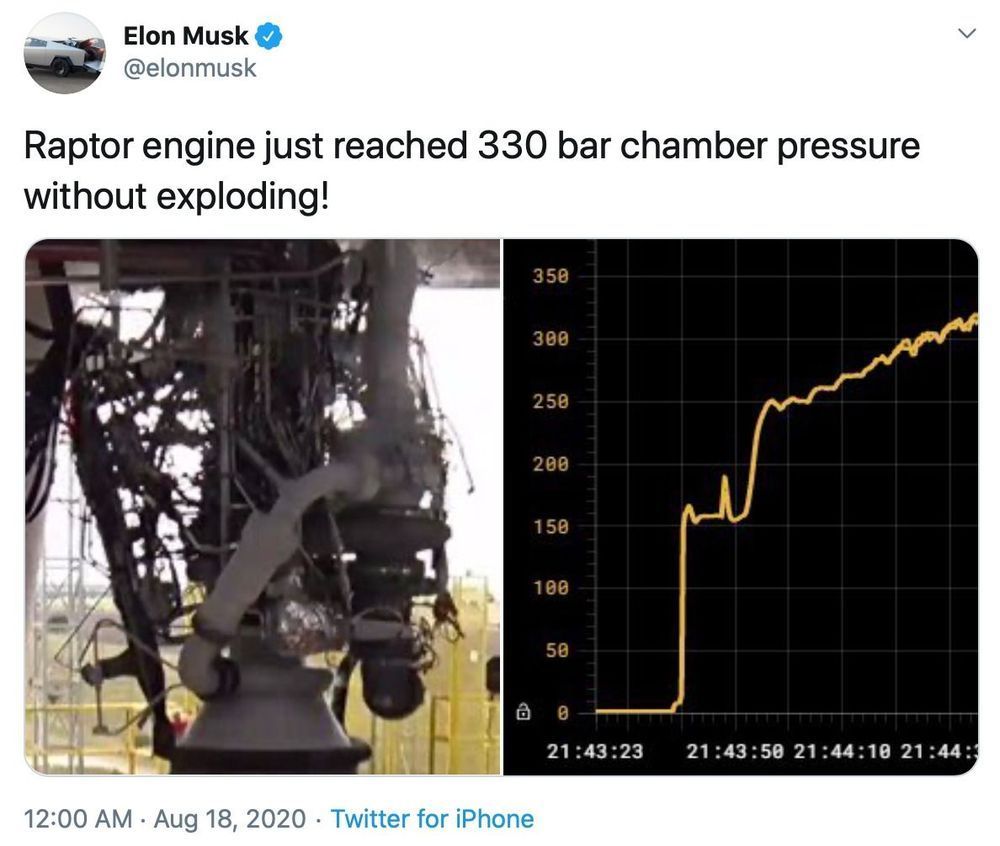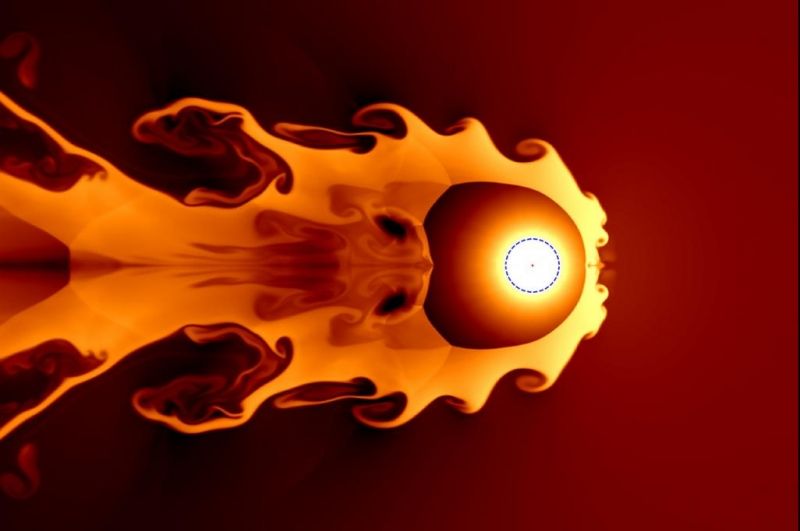Aug 20, 2020
Potential Link for Alzheimer’s Disease and Common Brain Disease That Mimics Its Symptoms
Posted by Genevieve Klien in categories: biotech/medical, genetics, life extension, neuroscience
Summary: Researchers identified a group of closely related genes that capture molecular links between Alzheimer’s and LATE, a common brain disorder that mimics Alzheimer’s symptoms.
Source: Brigham and Women’s Hospital
Alzheimer’s disease is one of the most common causes of dementia, and while most people might know someone who is affected by it, the genetic factors behind the disease are less known. A new study by investigators from Brigham and Women’s Hospital uncovered a group of closely related genes that may capture molecular links between Alzheimer’s disease and Limbic-predominant Age-related TDP-43 Encephalopathy, or LATE, a recently recognized common brain disorder that can mimic Alzheimer’s symptoms. LATE is often combined with Alzheimer’s disease to cause a more rapid cognitive decline. The study’s results are published in Neuron.

